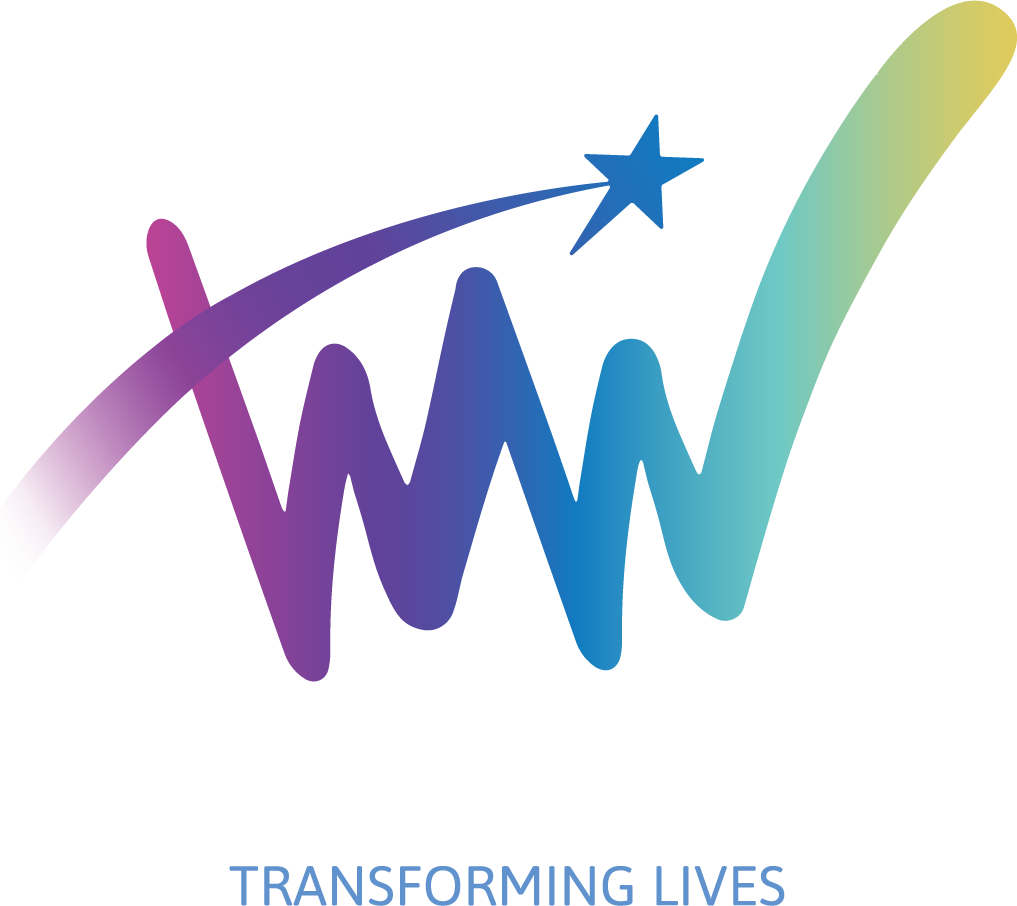
NEWS & EVENTS
What Makes Therapeutic Care Homes Different
When a child has experienced trauma, traditional care settings aren’t always enough to support their recovery. That’s where therapeutic care homes come in.
Designed to nurture emotional healing, these homes offer structured, stable environments that focus on each child’s unique needs.
In this blog, we’re going to give an insight into therapeutic care homes and what makes Wilderness Way’s approach stand out?
Understanding Therapeutic Care?
Therapeutic care is a specialised form of support designed to help children and young people who have experienced trauma, neglect, or emotional difficulties.
Instead of just managing difficult behaviours, it focuses on helping heal the feelings and experiences behind them. The goal is to help children build resilience, form secure relationships, and grow into their full potential.
This happens in a safe, stable environment where caregivers understand how trauma affects a child’s brain and emotions. Using this knowledge, they provide consistent and caring support.
Therapeutic care can often include tailored interventions such as counselling, life skills coaching, and activities that promote emotional regulation and self-confidence.
What is a Therapeutic Care Home?
A therapeutic care home is much more than just a place to live. It’s a safe space where children receive personalised support that understands their past experiences.
Care is based on trauma-informed and trauma responsive principles, meaning the team recognises how past events can affect a child and work with patience, kindness, and consistency to help them feel secure and build trust.
At Wilderness Way, we use this foundation to help children begin the process of healing. With dedicated teams trained in therapeutic approaches, our homes create space for children to build secure attachments and grow in confidence and self-worth.
The Wilderness Way Difference
We believe every child deserves the chance to thrive. That’s why our children’s residential homes are based in peaceful, rural settings, places carefully chosen to take children away from stressful or unsafe situations and surround them with calm, natural spaces that still maintain that family feel.
Most of our homes offer individual group living, with one child in each home supported at all times by two carers. Some of our homes also offer small group living, with up to 2 children and their carers in each home.
But it’s not just about the location. The approach in our therapeutic care homes includes:
- Outdoor adventure therapy and wilderness experiences that help children build self-esteem, resilience, confidence, and connections.
- Personalised health and wellbeing programmes that support their physical, emotional, and mental growth.
- Dedicated, experienced staff who build strong, trusting relationships with each child, providing stability and ongoing support.
This way, children learn to manage their behaviour and emotions, build healthy relationships, and start to feel safe and secure in the world again.
Supporting Families and Professionals
Whether you’re a social worker, carer, or family member, understanding what makes a therapeutic care home different is essential to making the right choices for a child.
At Wilderness Way, we prioritise clear communication and collaboration with
professionals, always acting in the child’s best interests.
We know that trust matters. That’s why we’re transparent in our methods, focused on positive outcomes, and committed to walking alongside every child throughout their journey.
If you’re looking to understand more about therapeutic care homes and how Wilderness Way supports children to recover from trauma, learn more about our core care values or explore our success stories.
